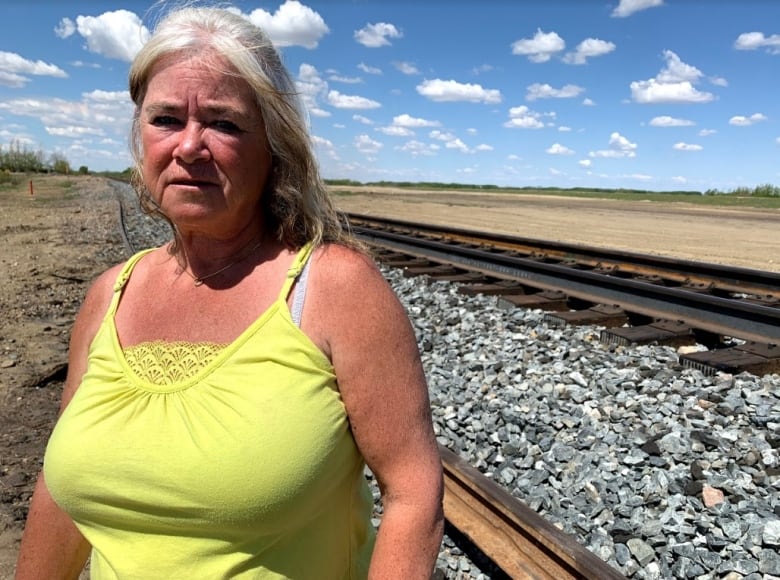NEW YORK (AP) — President-elect Donald Trump walked out to a roaring standing ovation just ahead of the start of the UFC pay-per-view card at Madison Square Garden on Saturday night, combining two things close to his heart: fierce battles inside the octagon and New York City.
Trump was accompanied by UFC President Dana White and the pair headed to their cageside seats to Kid Rock’s “American Bad Ass.”
UFC aired a video package of Trump’s road to reclaiming the White House, calling it, “The great comeback in American History,” while fans stood and applauded. Trump, wearing a red tie, pumped his fist toward the crowd when the video ended.
The president-elect also had his clenched fists pumping back and forth and briefly danced to the Village People’s “YMCA” just outside the cage. He later again thrust his fist skyward as “Takin’ Care of Business” played.
Elon Musk, picked by Trump to lead a new Department of Government Efficiency, and House Speaker Mike Johnson, R-La., joined the president-elect and White at the Garden, as did Robert Kennedy Jr., Trump’s choice to lead the Department of Health and Human Services in his incoming administration.
Trump shook hands with the UFC broadcast team that included Joe Rogan. Rogan hosted Trump on his podcast for hours in the final stages of the campaign ahead of his election win last week. The announcers for the pay-per-view audience later declared, “Festive doesn’t even begin to describe” the scene before later proclaiming, “47’s in the building. Let’s go.”
The MSG crowd chanted “USA! USA!” right before the main card was about to start and then again throughout the action. After a year delay, Stipe Miocic is getting his shot at a third heavyweight championship reign when he battles current champion Jon Jones in the main event at UFC 309.
Trump is a longtime UFC enthusiast and frequent attendee of major fights. He made promoting hypermasculine tones a signature of his campaign — as he looked to further widen the gap among male voters between himself and his Democratic opponent, Vice President Kamala Harris.
Trump and his top supporters embraced alpha-male terms and often accentuated them with vulgar and demeaning language.
While campaigning, Trump appeared frequently on podcasts, gaming platforms, and with key supporters who described a vote for Trump as a way to demonstrate true manliness. While Trump taped a podcast with Rogan, who himself has spoken about hypermasculinity, Harris failed to do a similar appearance, citing scheduling conflicts.
A return to Madison Square Garden means revisiting the place where a comedian caused an uproar at a Trump rally last month by likening Puerto Rico to a “floating island of garbage.” Yet Trump continues to relish visits to New York, where he lived for decades, before moving to his Mar-a-Lago club in Palm Beach, Florida.
Trump’s son, Don Jr., also attended the fight.
Except for a day trip to Washington this week to meet for nearly two hours with President Joe Biden, and separately address House Republicans, Trump has been spending his time since his Election Day victory at Mar-a-Lago. The club has hosted galas and conservative events throughout the week.
Trump has been close to White for more than two decades.
White hosted a 2001 UFC battle at Trump Taj Mahal, a former casino-hotel in Atlantic City, New Jersey, and Trump has frequently attended UFC matches since – including during his 2024 campaign. Trump has turned up at fights recently with famous entourages, including White, musician Kid Rock and former Fox News Channel host Tucker Carlson.
In 2018, during Trump’s first term, he and White starred in a UFC video where the then-president was called the “Combatant In Chief.”
As Trump has strengthened his grip on the national Republican Party over the last near-decade, White’s personal political profile has grown exponentially. White spoke at the 2016 and 2020 Republican conventions, and when the party gathered in Milwaukee this past July. He also addressed the crowd at Trump’s Florida victory party in the wee hours of the morning after Election Day.
“This is what happens when the machine comes after you,” White said then. “What you’ve seen over the last several years, this is what it looks like: couldn’t stop him. He keeps going forward. He doesn’t quit.”
_____
Weissert reported from Palm Beach, Florida.
